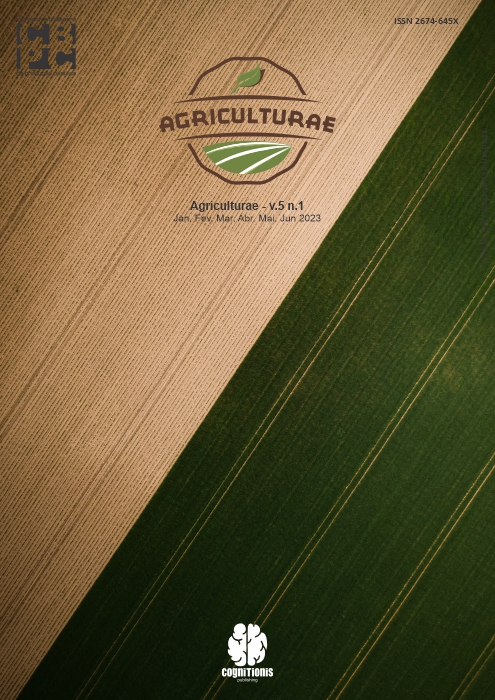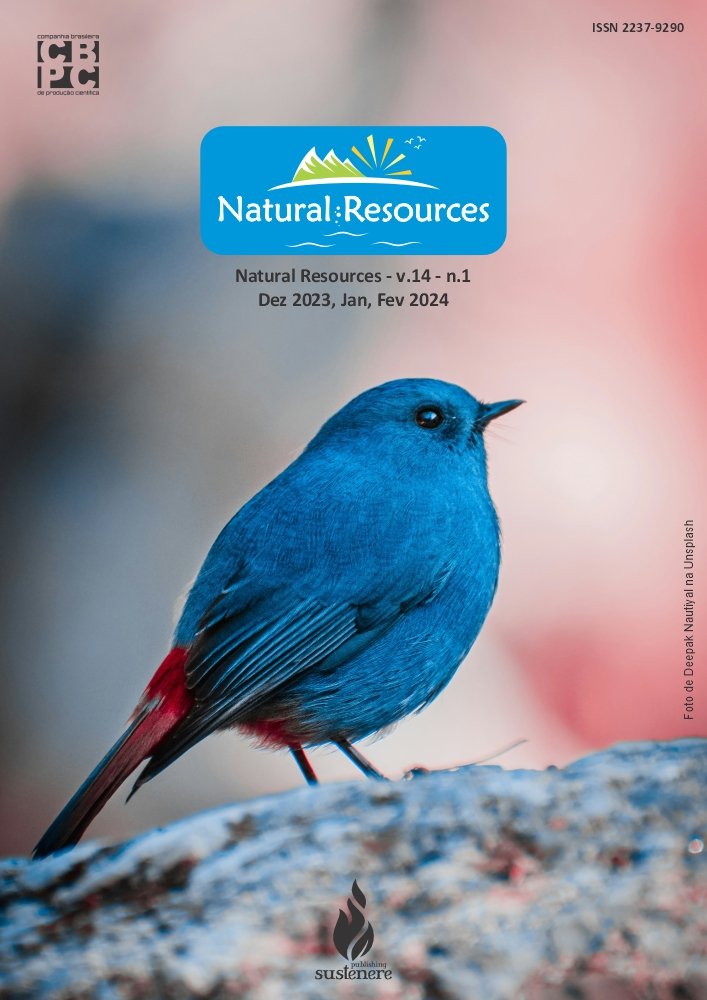Agronomic evaluation of three hybrid melón (Cucumis melo) (Gold Honey, Rina f1 and Ovation) and knowledge transfer from a teaching manual on the Bella Vista farm, Tranquita village in the region of Ariari, Meta, Colombia.
DOI:
https://doi.org/10.6008/CBPC2674-6476.2021.001.0002Palabras clave:
Phenological stage Melon, Non-formal education, Rural EnvironmentResumen
In the Ariari Region there exists a variety of exponents and adaptable to the topic cultivations, which have allowed through the time an economic stability for the farmers, with the implementation and planting commercialization, such as: passion fruit (Passiflora edulis), banana (Musa acuminata), cassava (Manihot esculenta), guava (Psidium guajava), corn (Zea mays), rice (Oriza sativa), transient fruit, among others, allowing position the region as one of the most important fruit pantries country. It generates the urgent need for progress in the processes of modernization and development of new agricultural production processes, which makes pertinent this research process, which was oriented towards the knowing of alternatives in the production of melon (Cucumis melo), which is a crop that generates benefits represented in adaptability, productive yield, cash flow, short phenological stages, profitability, among others. This was made by performing agronomic evaluation of three hybrid melon (Gold honey, Rina F1, Ovation) and knowledge transfer from a manual teaching in the Bella Vista farm, village Tranquitas of the Ariari, where experimental research is framed with educational and social approach, where the yield crop was evaluated by a phenological monitoring of hybrid melon (golden honey, Rina F1 and Ovation) through (mean, median and standard deviation) descriptive statistics for interpretation and concise data that allow us distinguish the best hybrid in the region, as a means to potentiate the exercises; process execution allowed contribute to pedagogical training of farmers and workers, through the development of teaching strategies and design a manual that allows the dissemination and technology transfer, to increase the number of producers in the Ariari region.
Descargas
Publicado
Número
Sección
Licencia
Derechos de autor 2022 Agrariae Liber

Esta obra está bajo una licencia internacional Creative Commons Atribución-NoComercial-SinDerivadas 4.0.
La CBPC - Companhia Brasileira de Produção Científica (CNPJ Brasil: 11.221.422/0001-03) tendrá los derechos materiales de los trabajos publicados. Los derechos se refieren a la publicación del trabajo en cualquier parte del mundo, incluyendo los derechos a las renovaciones, expansiones y diseminaciones de la contribución, así como otros derechos subsidiarios. Todos los trabajos publicados electrónicamente podrán posteriormente ser publicados en colecciones impresas bajo coordinación de esta empresa y / o sus socios. El (los) autores (as) conservan los derechos de autor, pero no están autorizados a publicar la contribución en otra medio, impreso o digital, en portugués o traducción.








